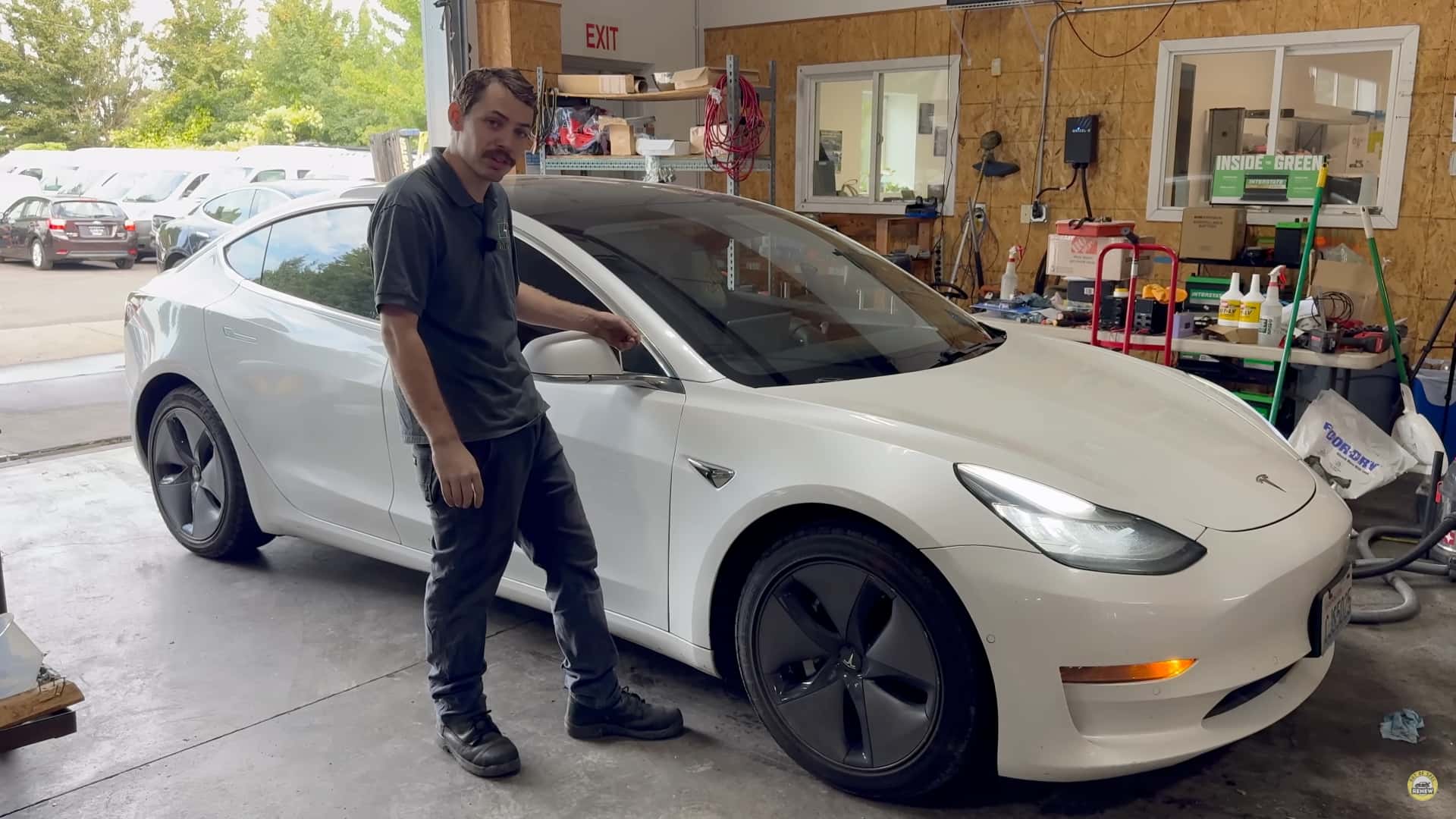
"People worry too much about EV battery longevity. Pack replacements are expensive, of course, but so are engine replacements. And based on recent data, it seems much easier to make a battery that outlasts a car's average lifespan than an engine that can survive 250,000 miles without major repairs. Batteries made after 2015 rarely fail outright. When a battery does fail, however, that doesn't have to be the end of the road for an EV."
"That's pretty early to have severe battery problems, as Model 3 packs tend to do 200,000+ miles without issue. We've even seen Model S packs last over 430,000 miles. But like with gas cars, there are lemons, and some cars inevitably need engine or battery transplants prematurely. Used Tesla packs appear to cost around $4,000, which is about in line with what a used engine would cost on an equivalent car."
"That means you can quite easily source batteries from crashed cars. Plus, as the video shows, you can actually treat a dead battery as an excuse for a big upgrade. "So we're going to be swapping this pack out. The customer actually sourced the pack for this one, but upon my recommendation, we went ahead and sourced a lithium-iron-phosphate 60 kilowatt-hour pack," Alex from Out Of Spec renew says."
EV batteries made after 2015 rarely fail outright, and pack replacements are expensive but comparable to engine swaps. Many Tesla packs commonly exceed 200,000 miles, with some Model S packs surpassing 430,000 miles, though premature failures still occur. Used Tesla packs can cost around $4,000, similar to a used engine price on a comparable vehicle. Damaged or failed packs can be sourced from crashed cars or replaced with upgraded chemistries, such as lithium-iron-phosphate 60 kWh packs. Battery replacement complexity and cost can resemble engine replacement, while battery longevity appears easier to achieve at 250,000 miles.
Read at InsideEVs
Unable to calculate read time
Collection
[
|
...
]